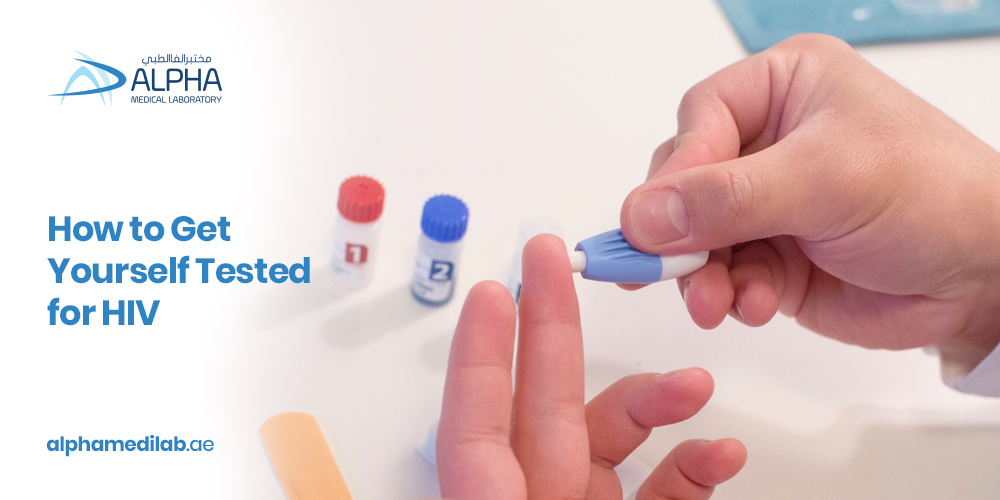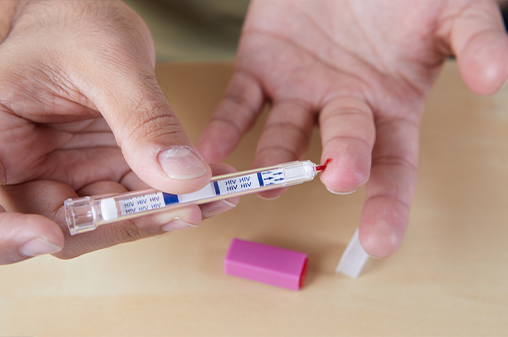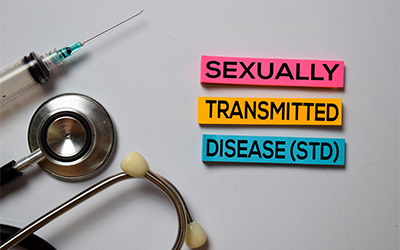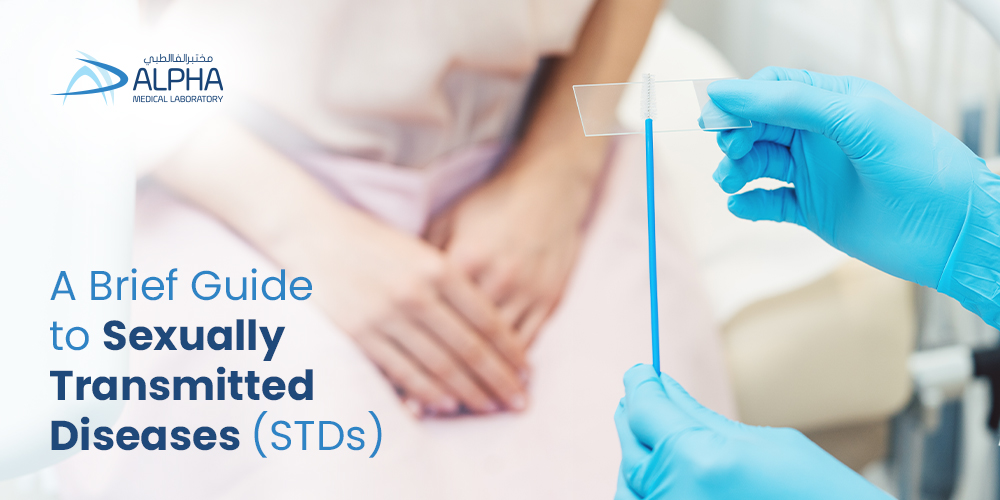
HIV stands for human immunodeficiency virus, is an infection that is one of the leading sexually transmitted diseases (STDs). The name HIV instantly strikes fear in any person’s heart and mind. Naturally, the cause of this terrifying experience is because of the stigma attached to the term sexually transmitted diseases or infections.
Over the years, fear has been dispelled into our society. And it also distances people from getting the right STD testing done at the right moment that will help them take the right measures against it.
HIV testing or screening is one way to find out about the infection and cure it with the medication and treatments that doctors or general physicians recommend. For this, several types of tests have been administered to the person’s blood to detect the presence of human immunodeficiency virus presence in the body. Generally, the development of antibodies in a person’s body takes time. This is where getting the right STD testing for HIV detection helps you identify the presence in your body so that you can take preventive measures and ensure a timely treatment efficiently.
Death doesn’t occur because of HIV alone, and the patient needs to maintain a proper plan that their doctor recommends so that they can maintain their proper health and well-being without a doubt. However, early diagnosis of HIV is critical as it helps you take timely treatments.
Types of HIV Testing
Early diagnosis of HIV is vital as it allows you to take the right measures at the right time. It is also important to note that the results of the HIV testing vary depending on the test you take. Moreover, getting a positive result doesn’t happen soon after exposure; it takes time. HIV testing is recommended to be taken in the mentioned categories;
Antibody Tests: Antibodies reacting to HIV are found with this sort of test. When an infection is present, the immune system makes antibodies, and blood or oral fluid samples are taken. Within 23 to 90 days following exposure, testing using antibodies can diagnose HIV infection.
Antigen Tests: In an antigen/antibody test, the antigen known as p24 is screened for in addition to the antibody. When HIV has been ingested, this antigen is generated. The vein is used to collect blood samples for this test, and HIV infection is discovered 18 to 45 days after exposure.
Nucleic Acid Tests (NAT): Nucleic acid test checks for HIV 10 to 33 days after infection. As opposed to antibodies to the virus, they look for evidence of the virus itself. This might also be referred to as an HIV RNA or viral load test. Blood drawn from a vein is used. If you don’t have symptoms and the doctor doesn’t think you have a recent infection, you generally won’t have this pricey test. Its most frequently used to monitor how patients who already have HIV react to the medication.
Standard HIV Blood Test: The standard HIV blood test is done by Alpha Medical Lab’s trained nurses by taking blood from your vein. This is a test that is done to determine the antibodies around 23 to 90 days after infection. The antibodies checked in this test are the proteins that your immune system makes when a person has been exposed to the virus.
Benefits of Getting Yourself Tested for HIV
Whether you feel the symptoms or yourself at higher risk, getting yourself tested for HIV is important at least once. Moreover, if you have unprotected sex, are breastfeeding, are involved in blood transfusion, and also share injecting devices, getting an HIV test becomes a requisite. In addition to this, there are some fruitful reasons why you should take an HIV test;
- Getting yourself tested for human immunodeficiency virus reduces HIV-associated morbidity and mortality.
- You will eventually not become a reason for the transmission of this disease to others.
- You never know if you are infected with this virus, that later becomes dangerous.
- If you feel exposed to a high-risk setting of the HIV virus, early detection will let you make wise decisions before it is too late.
- You can also learn whether your partner is at a potential risk of HIV transferring to you.
- If they come positive, the test results will let you start treatment after diagnosis sooner so that you remain healthy for the years to come.
- It may also reduce the severity and risk of serious non-AIDS-related diseases and life-threatening illnesses.
- Another benefit is that you can start life-saving treatment immediately, and this leads to a better outcome and excellent care.
- It also reduces the chance of stopping the transmission of HIV into babies. Thus the baby born is HIV-free.
- Getting HIV tested from the Alpha Medical Laboratory in Dubai ensures that your test details and identity remain confidential and privacy-protected. So that you can have peace of mind while ensuring healthier life.
Getting the HIV Test Results
The part of getting an HIV test is terrifying for patients, from sample collection to the lab testing process and finally getting the test results. You can also opt for at home sample collection, where a team will adhere to your confidentiality and privacy while remaining professional for sample collection.
When determining whether to get tested for HIV, the privacy of the procedure and the results is frequently a crucial consideration. The controversies surrounding the illness continue to influence how people see HIV.
Nevertheless, this requirement was acknowledged by medical facilities and healthcare providers. Therefore, individuals can choose between confidential testing and anonymous testing.
The Final Words




